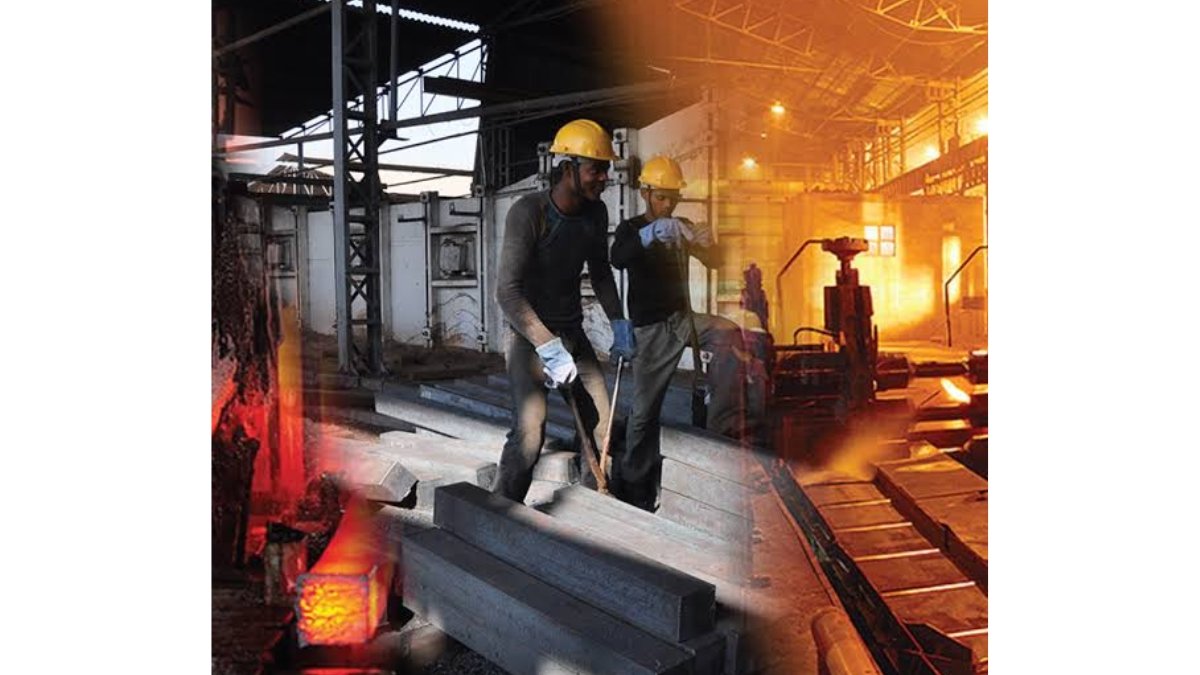
Mumbai (Maharashtra) [India], September 29: The Clothing Manufacturers Association of India (CMAI), one of the largest and oldest Association representing the interests of the Domestic Garment Industry, expressed its deep sense of disappointment and anguish at the recent announcements from the GST Council indicating that with a view to address the issue of Inverted Duty Structure in the Textile Industry, it has been decided to change the GST rates applicable on Fabrics and Garments with effect from 1st January.
Although no formal communication has been received, reports indicate that the current applicable rate of 5% on all Fabrics and Garments up to the price of Rs.1,000, will be increased to 12%.
It is indeed disturbing that to correct an issue faced by a small section of the entire Industry, the Council is considering increasing the prices of nearly 85% of the final products to the Consumers.
Mr. Rajesh Masand, President – CMAI urges the Government and the GST Council to consider these crucial points:
- The Domestic Garment Industry is still struggling to revive post the Covid pandemic – with most of the industry still at 60 – 65% of pre-covid levels (Retail, which is the lifeline of Apparel Manufacturing, was one of the first sectors to shut down and one of the last to re-open). Most indicators point to end 2022 as the earliest that the Industry can hope to achieve its pre-covid levels. CMAI strongly believes that this, or even january 2022, is not the right time to increase taxes.
- The massive price increase of Raw Materials such as Yarn, fabric, fuel, packaging materials, transportation, etc. is already seeing a 15-20% price increase in the final price of the product. The Consumer is already reeling with job losses, wage cuts, and social and personal traumas. To add another 7% taxes to the price of an essential item of consumption such as garments is uncalled for.
- The Covid-19 pandemic has already seen 15-20% of Garments units across the country shutting or scaling down their operations. The Garment Industry is the highest employer in the Country after Agriculture. It is estimated that the industry is currently seeing a drop of not less than 20% employment in the Sector. The move contemplated by the Council is likely to risk an even higher level of unemployment.
- Admittedly, there exists the problem of Inverted Duty Structure in a small segment of the total Textile Value Chain – not exceeding 15% of the total Industry. The proposed move will impact 85% of the industry to ease the problem faced by 15% of the industry.
- The Government has come out with excellent schemes such as PLI and Mega Parks, primarily with a view to promoting Exports of MMF based products. The Industry, including CMAI has wholeheartedly welcomed these schemes. This move will hurt the cotton sector far more than promote the MMF sector.
- Indian Garment Industry is still largely a Cotton based Industry. Cotton garments, including traditional wear categories such as Dhotis, Sarees, etc. form the bulk of clothing used by the poorer sections of the Society. This section of population will be hit by another price increase.
- In any country where there are differential rates of GST, essential commodities, especially those consumed by the poorer section of Society, would be levied at the lowest slab. We will be removing an essential commodity item, used by the common man, from the lowest slab to a higher slab.
- As is well known, the excellent support provided by the Government to the MSMEs through Emergency Credit lines from Banks is getting over now, and Banks have started recalling these loans. In addition to the stress of repayment of these loans, MSMEs will now need additional Working Capital, with the GST refunds now going to 12%. MEMEs will find it impossible to get the additional working capital required.
- India being still a largely Cotton based economy, an increase of Cotton based products will lead to a price increase across the Cotton value chain. With increased prices will come reduced consumption. This reduction of demand for cotton will also impact the farmer.
Mr. Rahul Mehta, Chief Mentor of CMAI, strongly urges the Central and State Governments and GST Council to review their decision and find alternate solutions to address the Inverted Duty Structure problem. CMAI has in the past recommended a flat 5% GST across the entire Value Chain – which will resolve the Inverted Duty Structure, will boost consumption and hence production and & Employment, and will cost the Government a negligible amount on revenue.
In the absence of such a solution, CMAI urges the authorities to maintain the current status quo.
For further information: www.cmai.in














